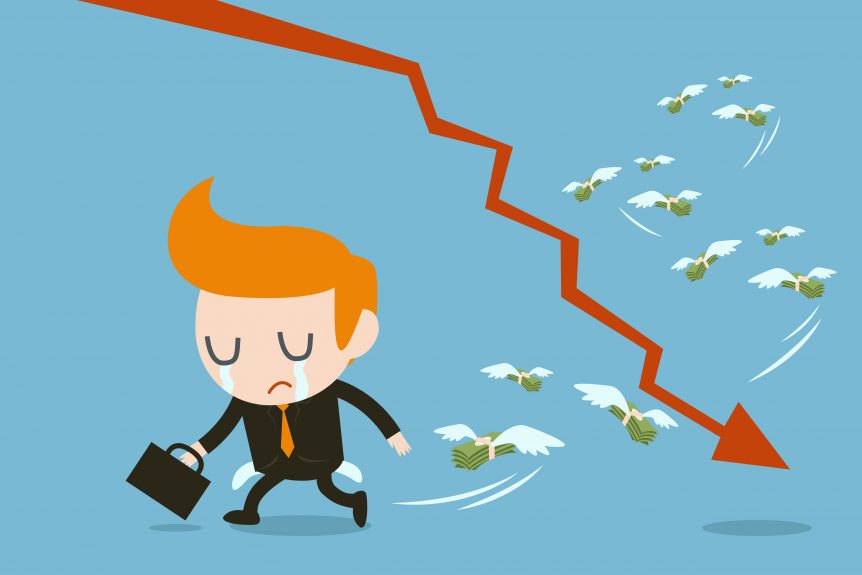
The global forex market is the world’s largest financial market, and foreign exchange traders of all levels are drawn by the opportunity to reap profits in the arena: from greenhorns only learning about financial markets to well-seasoned professionals with years of trading experience. Since market access is easy, with round-the-clock sessions, considerable leverage, and relatively low costs, may forex traders enter the market quickly, but then quickly exit after experiencing losses and setbacks.
It doesn’t mean that due diligence should be ignored simply because forex is simple to get into. It is integral to the success of a trader to learn about forex. A trader should learn all about the forex markets, including the geopolitical and economic factors that influence the preferred currencies of a trader, while the majority of trading information comes from live trading and experience.
As traders need to be prepared to respond to changing market situations, legislation, and world events, homework is an ongoing endeavor. A comprehensive framework for screening and assessing investments, deciding the amount of risk that is or should be taken, and formulating short-term and long-term investment targets are part of this research process.
Find a Reputable Broker
Use a Practice Account
Almost all trading platforms come with a practice account that allows traders to position hypothetical trades without a supported account, also called a simulated account or demo account. Perhaps the most significant advantage of a practice account is that it helps a trader to become proficient in order-entry methods.
Few items are as harmful to a trading account (and the confidence of a trader) as pressing the wrong button when a position is opened or exited. For example, it is not unusual for a new trader to inadvertently add to a losing position instead of closing the trade. Multiple mistakes in order entry will result in big, unregulated trade losses. Aside from the catastrophic financial repercussions, it is extremely stressful to make trading errors. Work renders fine. Until putting real cash on the line, play with order entries.
Keep Charts Clean
It might be tempting to take advantage of all of the technical analysis tools provided by the trading platform once a forex trader opens an account. Although many of these indicators are well-suited to the forex markets in order for them to be accurate, it is important to note to keep analysis techniques to a minimum. Using multiple indicators of the same form, such as two volatility indicators or for example two oscillators, may become repetitive and may even send opposing signals. This should be avoided.
Any method of research that is not used frequently to boost trading efficiency should be excluded from the table. Pay attention to the overall look of the workspace in addition to the instruments that are added to the chart. The colors, fonts, and price bar styles selected (line, candle bar, range bar, etc should produce a chart that is easy to read and understand, enabling the trader to respond more effectively to changing market conditions.
Use Reasonable Leverage
The amount of leverage that is afforded to its participants is unique in Forex trading. The chance to make potentially big profits with a very small investment, often as little as $50, is one reason why forex appeals to active traders. Properly used the opportunity for growth is given by leverage. Yet debt can intensify losses just as easily.
By basing position size on the account balance, a trader may monitor the amount of leverage utilized. For instance, if a trader has $10,000 in a forex account, 10:1 leverage will be used for a $100,000 position (one normal lot). Although a much larger position could be opened by the trader if they wanted to maximize leverage, a smaller position would reduce risk.
Treat Trading as a Business
It is important to treat forex trading as a company and to note that in the short run, individual wins and losses do not matter. What is relevant is how the trading company works over time. As such, traders should try to avoid being too emotional about either wins or losses, and treat each of them at the office as just another day.
Forex trading, as with any corporation, incurs costs, losses, taxes, risk and uncertainty. Also, neither do most forex traders, just as small companies seldom become popular overnight. It will help ensure a long, prosperous career as a forex trader by preparing, setting ambitious targets, remaining organized, and learning from both successes and failures.
